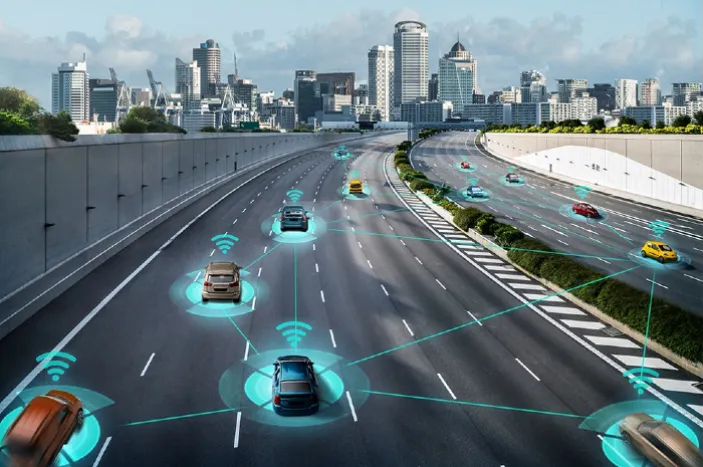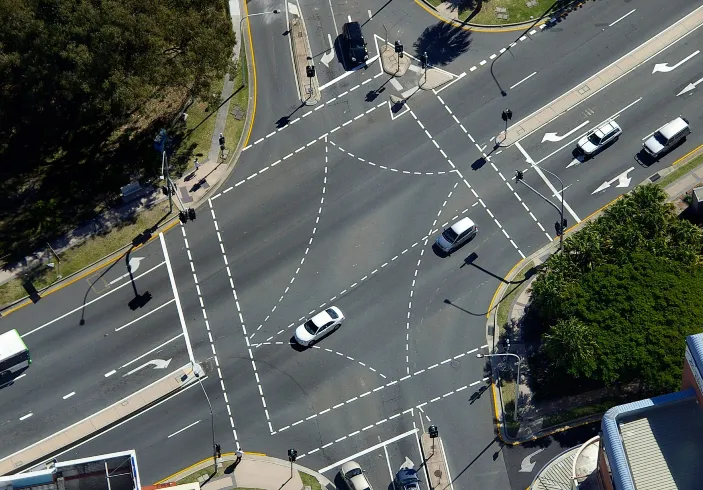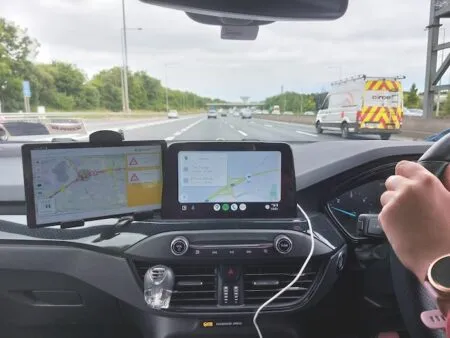New research from HERE Technologies shows just one in five Australians feel comfortable with the cybersecurity and privacy aspects of connected cars. It also shows that discomfort accelerates with age. These concerns are dampening appetite for connected vehicles as those with privacy concerns are eight times more likely to say they are not interested in them.
HERE’s data demonstrated a lack of awareness around connected cars, with only a third of the 1,000 respondents knowing what they are. After they read a description, a quarter of respondents then said they had been in or driven one.
“A small number of the estimated 1 billion vehicles globally are currently connected but Australia is in fact one of the more developed markets,” says Daniel Antonello, head of Oceania at HERE. “AUS$15.2 bn (US$11.2bn) was allocated to infrastructure upgrades in the latest Federal Budget and each State has their own approach to transport technology. One example is the Transport 2056 plan in NSW, aiming to keep people moving quickly and safely as the population continues to rise.”
“Connected cars have the capacity to help consumers make the most of these upgrades. Knowing in a split second whether you need to turn off a road thanks to real-time updates could help drivers avoid sitting in endless traffic jams,” continues. “And with approximately 90% of road accidents caused by human error, using features such as automated lane keeping and braking can contribute to lowering the overall number of accidents.”

Around 60% of people surveyed feel connected cars are safer or as safe as vehicles without an internet connection. Roughly half identified a host of safety benefits of connected cars, including reducing vehicle damage, traffic jams and travel time, as well as fewer instances of people driving when tired or while using a mobile phone.
Better still, a large proportion of respondents expect and desire some of the main features of connected vehicles. Three quarters selected practical benefits such as live traffic and safety alerts versus just a third choosing entertainment. On the other hand, those with security concerns were less likely to expect such benefits, with inbuilt payment technology standing out as something they were far less likely to expect than other respondents.
When asked if the safety benefits would outweigh their security concerns, younger respondents were more than twice as likely to agree, suggesting safety features make up a smaller part of the decision-making mindset for older Australians.

Building trust through transparency
With security and privacy emerging as key concerns, the survey also delved into Australia’s current understanding of the type of data collected, as well as who owns and stores it.
Concerns around data are not specific to connected vehicles, with around two thirds stating they are equally worried about location tracking via their phone versus their car – or just do not worry about either at all.
While 80% don’t know what data is collected by connected vehicles, most believe it is currently owned and stored by the software provider. A quarter felt this responsibility should be held by government agencies, while most thought it should be the vehicle manufacturer. Over half (57%) of those comfortable with connected vehicles said they would trust automotive brands they knew even more, further underlining the role of vehicle manufacturers in comfort towards connected cars.
“There’s a way to go in terms of bringing people round to the idea of connected vehicles,” says Antonello. “While the features and benefits are relatively well understood, concerns around cybersecurity prevail alongside widespread confusion over who owns what data. Regulatory reform is on the cards which will set a standard for vehicle manufacturers to follow. From there, auto brands that take a lead on educating their customers stand to gain a sizeable competitive advantage.”





